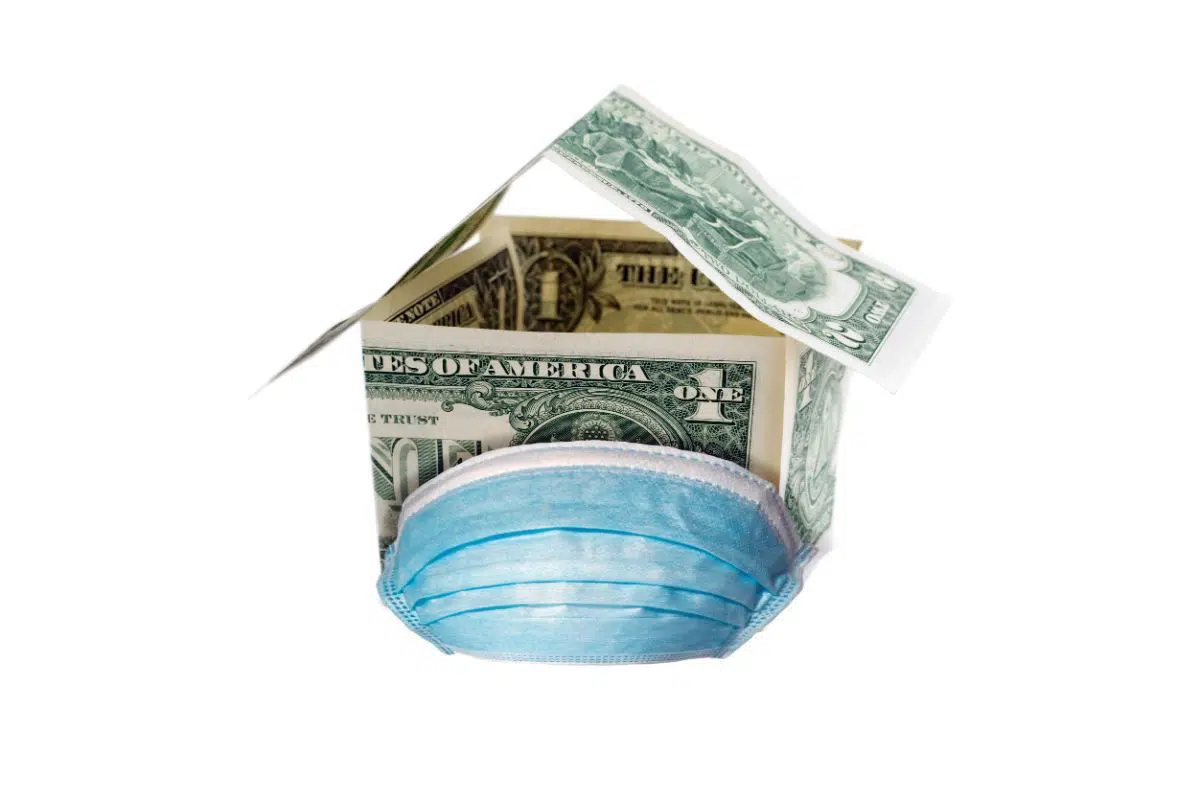We have yet to see the full scope of fallout from the economic side-effects of the COVID-19 pandemic, but a great number of outlets are predicting that mortgage delinquency is likely to increase dramatically. That’s bad news for lenders on a number of levels. In the meantime, lenders are facing the up-front cost of dealing with laws designed to help borrowers to temporarily avoid paying their mortgages in the face of the crisis.
In normal times, it is not uncommon for lenders to be willing to give borrowers a hand (or at least offer their patience) when those borrowers run up against hardship. The so-called Great Recession of 2008 is not that distant a memory, and most large lenders recall the cost and difficulty of maintaining empty foreclosed and zombie properties and attempting to sell into a market where the number of buyers had diminished markedly. Many properties, even if they managed to sell in good time, were sold for prices not even approaching what the lender had paid in the first place (on behalf of the initial mortgagees). So in the years since, lenders have grown more understanding in giving borrowers the benefit of the doubtfor a time. This would likely be the case even were there not federal laws (a number of which went into effect in 2014) requiring them to do so.
Forbearance is one way lenders help. In forbearance, a mortgage servicer permits a borrower to pause or reduce mortgage payments for some short period of time. Forbearance does not forgive the debt, nor does the loan amount diminish during the forbearance period. The debtor must repay any payments that have been missed or reduced, usually as part of a repayment plan made with the lender.
In addition to this more traditional method of handling brief financial issues, the CARES Act recently put in place a regime in which borrowers may temporarily cease payments if they experience financial difficulty as a result of the pandemic, so long as their loan is underwritten by a Government-Sponsored Enterprise or government agency.
Should you find your company dealing with a sudden uptick in requests for suspension of payment in Phoenix or anywhere else in the state of Arizona, you’ll need an experienced attorney with strong scruples by your side to aid in rendering the proper outcome. At Provident Law, our real estate attorneys represent parties on either side of real estate and financing transactions, including landlords, tenants, buyers, sellers, lenders, borrowers, trustees, guarantors, shareholders, partners, and others. We structure, negotiate and document a variety of real estate and financing transactions, including leases, purchase and sale agreements, loans and development agreements for a variety of commercial and residential projects. Contact us if you’d like us to give you a hand.
Christopher J. Charles is the founder and Managing Partner of Provident Law ®. He is a State Bar Certified Real Estate Specialist and a former “Broker Hotline Attorney” for the Arizona Association of REALTORS ® (the “AAR”). Mr. Charles holds the AV ® Preeminent Rating by the Martindale-Hubbell Peer Review Ratings system which connotes the highest possible rating in both legal ability and ethical standards. He serves as an Arbitrator and Mediator for the AAR regarding real estate disputes; and he served on the State Bar of Arizona’s Civil Jury Instructions Committee where he helped draft the Agency Instructions and the Residential Landlord/Tenant Eviction Jury Instructions.
Christopher is a licensed Real Estate Instructor and he teaches continuing education classes at the Arizona School of Real Estate and Business. He can be reached at Chris@ProvidentLawyers.com or at 480-388-3343.


